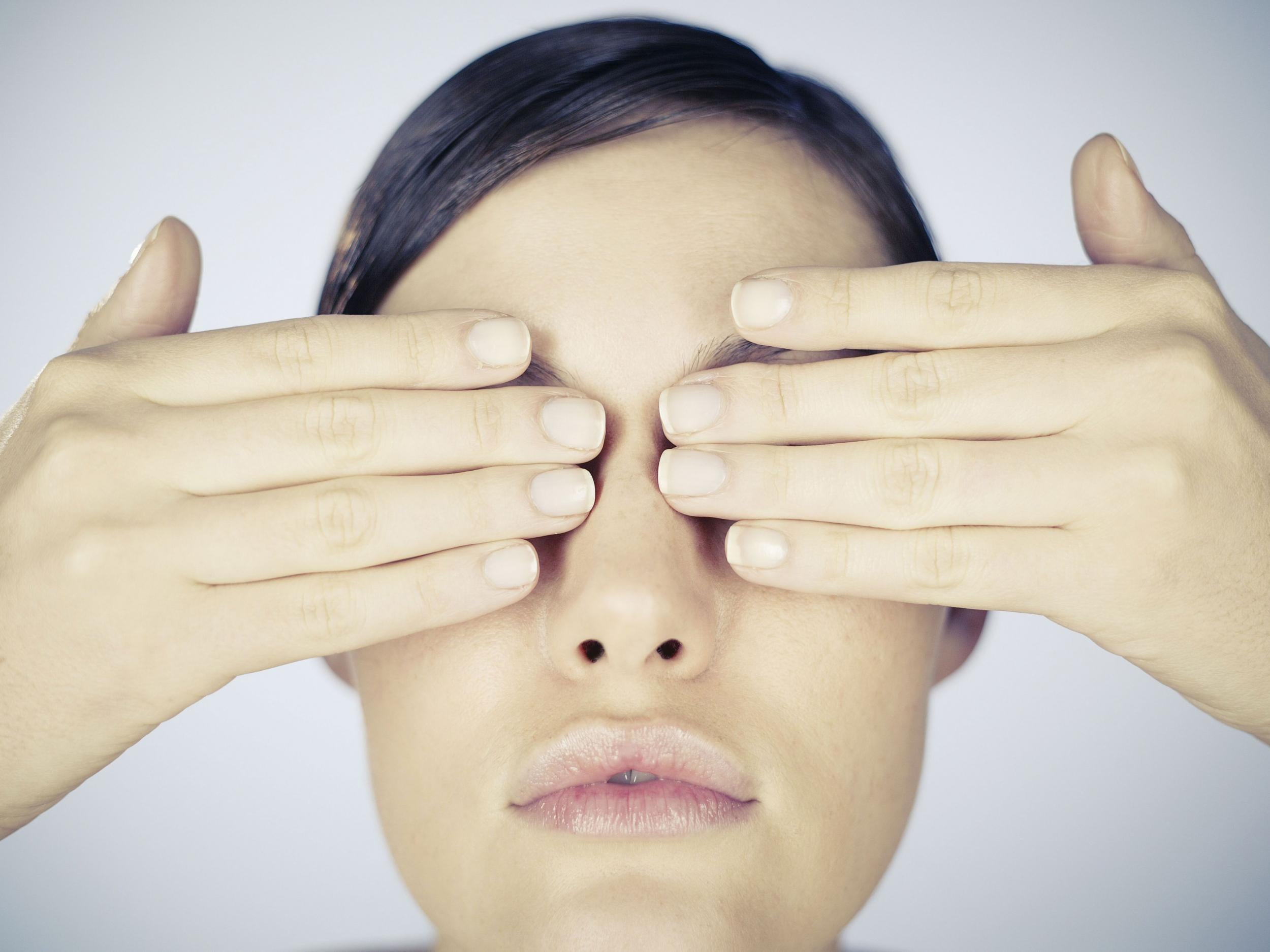Developmental prosopagnosia: What is face-blindness?
In severe cases, sufferers can even struggle to recognise partners or family members

Most of us occasionally fail to recognise people we know. This often happens when we meet someone we know in an unusual context, such as bumping into a work colleague in a supermarket. Nevertheless, the ability to recognise another person from their face is something most of us take for granted. But what would life be like if everyone’s face looked the same to you?
There is growing recognition of a condition called developmental prosopagnosia (face-blindness). People with this condition have normal vision, but grow up with severe difficulties recognising faces.
Unlike cases of acquired prosopagnosia – where people have difficulty recognising faces later in life as a result of a stroke or an injury – people with developmental prosopagnosia experience lifelong face recognition problems despite having no brain injury.
Developmental prosopagnosia is an example of a neurodevelopmental condition, similar to dyslexia. Just as people with dyslexia grow up with problems reading words, people with developmental prosopagnosia grow up with problems reading faces.
Developmental prosopagnosia was thought to be extremely rare, but, as public awareness has increased, more and more sufferers have made their problems known to researchers. The latest estimates suggest that as many as 1 in 50 people may experience face recognition difficulties severe enough to affect their daily lives. Sadly, some people develop anxiety and depression as a result of the social difficulties they experience.
Well-known developmental prosopagnosics include the actor Brad Pitt, the co-founder of Apple, Steve Wozniak, and the recently deceased author and neurologist, Oliver Sacks.
Prosopagnosics often find alternative ways to recognise others. For example, many sufferers recognise a person by an unusual facial feature (such as a characteristic nose), voice, hairstyle, clothing, or the way they move.
People with the condition sometimes wait for others to initiate conversation so they can identify them by their voice. Environments where people wear similar clothes, such as school or work uniforms, can make recognising others difficult. Also, sufferers may fail to recognise someone if they have changed their hairstyle or put on a hat.
At school, children with the condition can have problems recognising friends and teachers. As adults, some sufferers deliberately choose careers that don’t require frequent face-to-face contact – and many avoid potentially challenging social situations.
Prosopagnosics can have difficulty following films and TV shows due to problems recognising characters in different scenes. In severe cases, sufferers can even struggle to recognise partners and family members.
Often prosopagnosics grow up blaming themselves, attributing their face recognition difficulties to a lack of focus or poor memory. Unfortunately, these sorts of interpretations may be reinforced by parents and teachers, unaware of the condition. However, face-blindness is unrelated to general intelligence, attention, and wider memory ability. Often, learning about their condition and finding out that they’re not alone comes as an enormous relief to sufferers.
While the causes of developmental prosopagnosia are not fully understood, studies using new imaging techniques have revealed subtle brain differences in people with the condition. In particular, several brain regions known to play a role in face recognition appear to be under-connected in developmental prosopagnosia, possibly impairing information exchange within this network.
The condition probably has a genetic component. Often sufferers have a sibling or parent who also has difficulty recognising faces. Genetic or environmental factors that cause a person to develop face-blindness may increase their chances of developing other neurodevelopmental disorders. For example, developmental prosopagnosia appears to be more common in people with autism, than in the wider population.

Until recently, researchers relied on computer-based face-recognition tests (notably the Cambridge Face Memory Test) to diagnose developmental prosopagnosia. However, completing computer based tests can be time-consuming and costly so there have been calls for a test that is easy to administer and can be used to screen large numbers of people.
Researchers at City University in London have developed a self-report questionnaire to help researchers and doctors identify people with developmental prosopagnosia. The questionnaire has 20 statements based on common experiences reported by sufferers. For example: “When I was at school I struggled to recognise my classmates” and: “When people change their hairstyle, or wear hats, I have problems recognising them”.
Respondents indicate how well each statement describes them on a five-point scale, giving a total score of between 20 and 100. When used alongside computer-based tests of face recognition ability, scores on the questionnaire can help researchers develop a profile of potential prosopagnosics, ensuring consistent, reliable diagnosis.
We are only just beginning to understand developmental prosopagnosia. The ability to screen large numbers of people will help researchers uncover the true extent of the condition – something that has, until now, been based on extrapolation and guesswork. By understanding its nature and origins, it may one day be possible to alleviate the symptoms. In the meantime, increasing awareness and understanding will help those for whom recognising others remains a daily challenge.
This article was orginally published in The Conversation.
Join our commenting forum
Join thought-provoking conversations, follow other Independent readers and see their replies
Comments